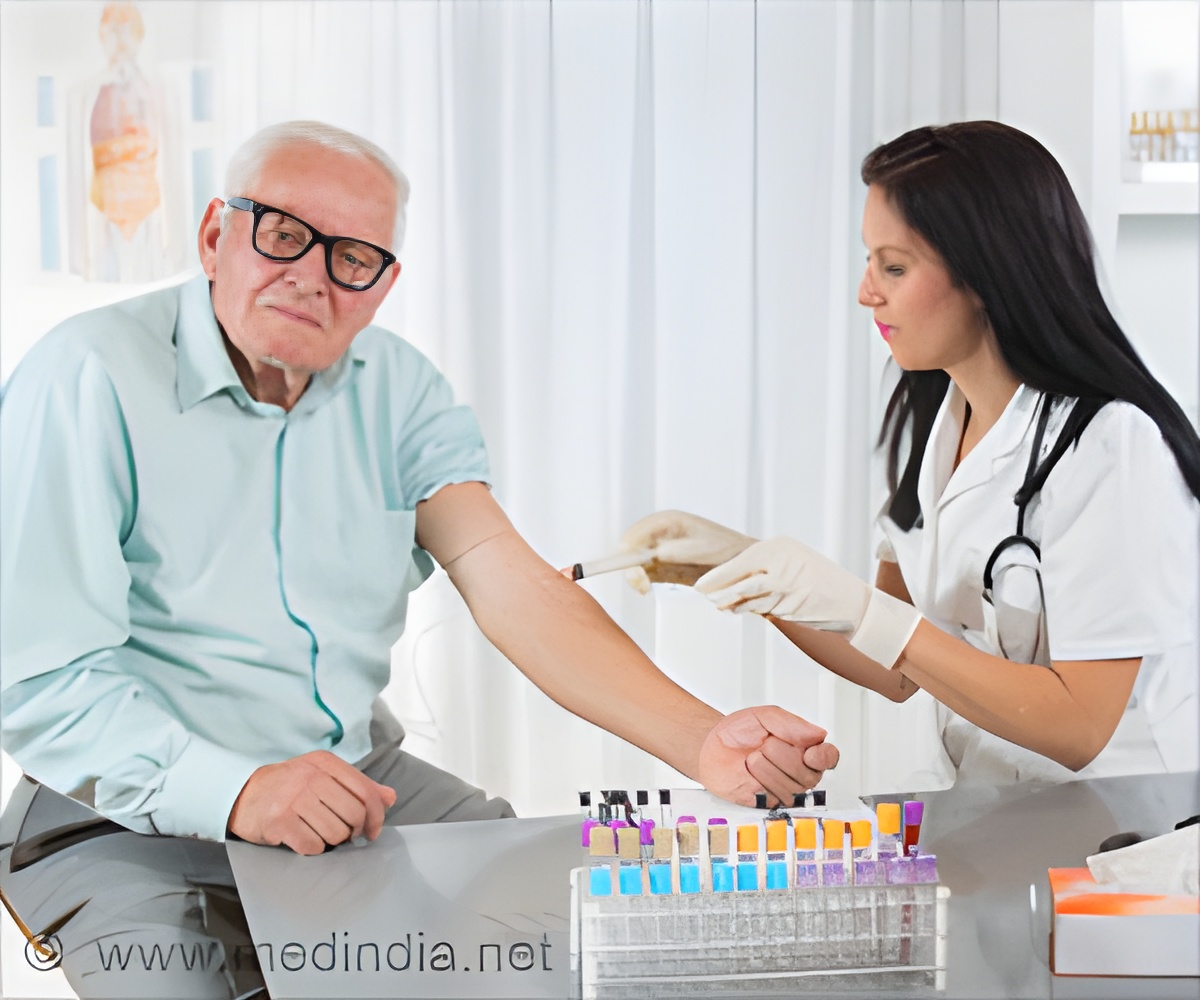Universal antibody test developed by the team led by Houston Methodist addresses the need for quick, easy tests to screen plasma donors to combat COVID-19.

‘Donors who had dyspnea and who were hospitalized or had severe disease were more likely to have a robust immune response and, thus, had higher levels of neutralizing antibodies.’
Read More..




Donors who experienced shortness of breath (or dyspnea) while infected with COVID-19 and those who were hospitalized or had severe disease were more likely to have a robust immune response and, thus, had higher levels of neutralizing antibodies in all the tests.Read More..
In collaboration with Penn State, University of Texas at Austin and U.S. Army Medical Research Institute of Infectious Diseases, study authors James M. Musser, M.D., Ph.D., and Eric Salazar, M.D., Ph.D., physician scientists at Houston Methodist, sought to find alternatives to measuring virus neutralization (VN) titers, which is the gold standard of COVID-19 antibody testing, as VN antibodies in the blood correlate with immunity.
This kind of antibody testing, however, is not widely available, because it's technically complex, requires days to set up, run and interpret, and needs to be performed in a biosafety level 3 laboratory.
This leads to most donor plasma virus antibody levels remaining unknown prior to transfusions, so an easier, more readily available method is needed to identify more suitable convalescent plasma donors.
The research team, therefore, looked to another type of test, called ELISA assays, which can be implemented and performed with relative ease in a high-throughput fashion and are widely available and extensively used in clinical labs across the world.
Advertisement
Scientists looked at the relationship of anti-spike ectodomain (ECD) and anti-receptor binding domain (RBD) IgG bloodstream antibody titers. The spike ECD and RBD proteins are physiological parts of the much-talked-about spike protein made by SARS-CoV-2 and critical to how the virus finds its way into the body, spreads and causes COVID-19 disease, so they are prime targets for antibody testing and vaccine development.
Advertisement
In assessing the correlation between VN antibody levels and anti-RBD and anti-ECD ELISA protein titer data, the researchers found that the ELISA tests had an 80% probability or greater of comparable antibody level to VN titers at or above the FDA-recommended levels for COVID-19 convalescent plasma. These results affirm that all three types of tests could potentially serve as a quantitative target for therapeutic and prophylactic treatments.
They also found that convalescent donors maintain high levels of immunity over the course of many weeks and that frequent plasma donations did not cause a significant decrease in antibody or virus neutralization levels.
They also identified 27 individuals from the surveillance cohort with high enough antibody titers across all three tests to indicate that some asymptomatic individuals may have plasma suitable for therapeutic use and may have a degree of relative immunity against SARS-CoV-2.
Ultimately, the study successfully concluded that anti-RBD or anti-ECD IgG antibody titers can serve as a surrogate for VN titers to identify suitable plasma donors and that these alternate ELISA tests may provide critical information about COVID-19 immunity.
Source-Eurekalert












